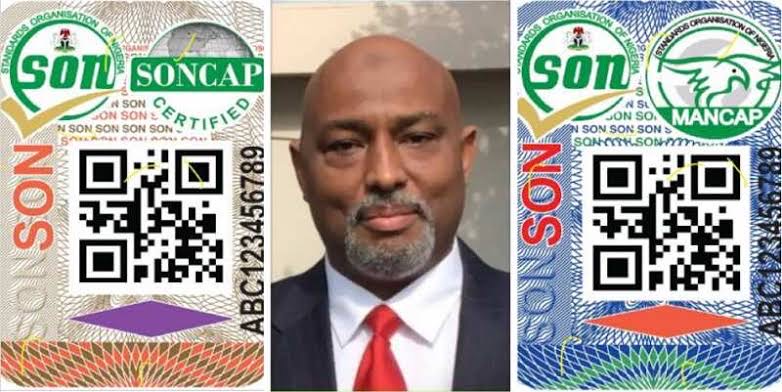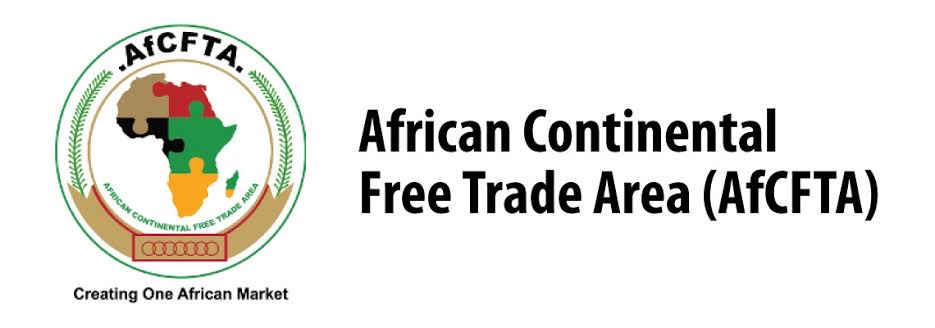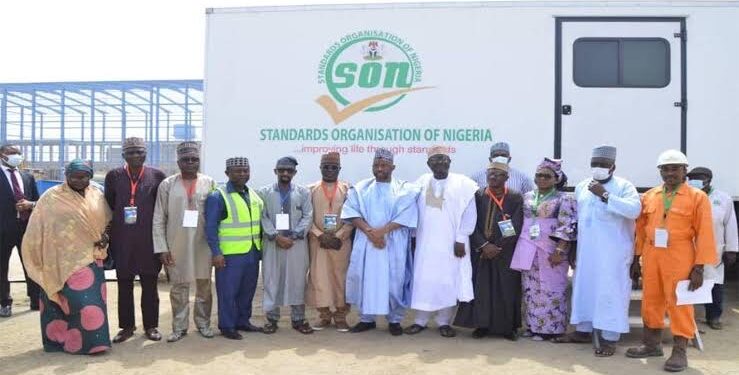The Standards Organisation of Nigeria (SON) on Wednesday announced that over 80 percent of substandard goods in the country are imported. This was disclosed by the General Manager of the organization, Dr.
Ifeanyi Okeke, who stated this while answering questions from participants at a public awareness event on the PAM program held in Lagos.
Okeke who was represented by the Director, Product Certification Department, Engineer Onuchenyo Enebbi, who also represented the organization, explained that the program was aimed at raising awareness of the program.
He stated that the initiative was introduced by SON to enable consumers to verify the authenticity of all SON-regulated products in the market as part of ongoing efforts to curb the flow of substandard imports into the country. He lamented that imports account for over 80 percent of substandard goods in the country, lamenting that the country’s manufacturing industry is already grappling with the ongoing impact of substandard goods on the economy and the myriad challenges that affect the productivity of the sector.

“The program will provide consumers with the opportunity to identify, reject, and report substandard goods in the market by simply scanning a QR code with their smartphone or sending an SMS to 281 before purchase.
This will undoubtedly put us, SON, in a better position to protect our compatriots and ensure that we all get value for our money,” he said.
He said the task of rebuilding the country’s industries and markets is more urgent than ever, stressing that the agency will follow its mandate and promote and ensure trade is supported by provisions such as the 2015 SON Act, among others.
All imported and manufactured products meet the requirements of relevant standards, which will promote public safety and improve the lives and security of Nigerians.

Over the years, substandard products have been imported, manufactured, and distributed in Nigeria through its programs. The program (MANCAP) and the Nigerian Standards Organisation Conformity Assessment Programme (SONCAP) have been significantly curtailed.
“Despite the organization’s efforts, substandard products are still being imported or manufactured and distributed in the country, including through the use of counterfeit SON stickers on non-certified products. To curb this disturbing phenomenon in the country, SON introduced the Product Authentication Mark (PAM) which will facilitate the verification of the origin and quality of products in the Nigerian market.
PAM is a digital technology that complements the SON Conformity Assessment Programmes (SONCAP and MANCAP) and will facilitate the fight against substandard and counterfeit products in Nigeria,” he said.
According to him, the PAM program is in line with the country’s desire to pursue borderless trade with the implementation of the African Continental Free Trade Agreement (AfCFTA) which will put Nigeria in an advantageous position as an African country. PAM will make great efforts to ensure that Nigeria does not become a dumping ground for substandard/inferior goods.

In another address, Mr Pius Manji, Director of Inspection and Compliance, SON, said Nigeria, like other countries in the world, suffers from the influx of substandard goods. According to him, this influx of adulterated goods is like corruption, which in his opinion, can only be minimized, not eradicated.
He explained that the cost of producing the stickers is astronomical as they have security features to prevent counterfeiting, but the stickers are subsidized to improve the lives of Nigerians through improved quality while also enabling government agencies to improve their service to the public.
He noted that PAM is like an additional check on all imported goods as experience has shown that there are other ways to circumvent the system to import goods, such as SONCAP and MANCAP. “Even if we assigned all of SON’s staff to raid substandard goods, it would not be enough given Nigeria’s size and changing distribution channels.
So far, 10 local businesses and production companies have participated. “With PAM, as the name suggests, customers have the right to authenticate a product and verify its compliance before paying for it. The PAM sticker has 21 security features, which has raised concerns among many. It is a security print that has been used in Kenya, Egypt and Uganda for over 10 years.”
PAM will curb the circulation of adulterated goods because, without a market for them, these unscrupulous traders have nothing to sell. This is basically giving Nigerian consumers an opportunity to combat the influx of substandard products in addition to other measures we have put in place,” he asserted.

































